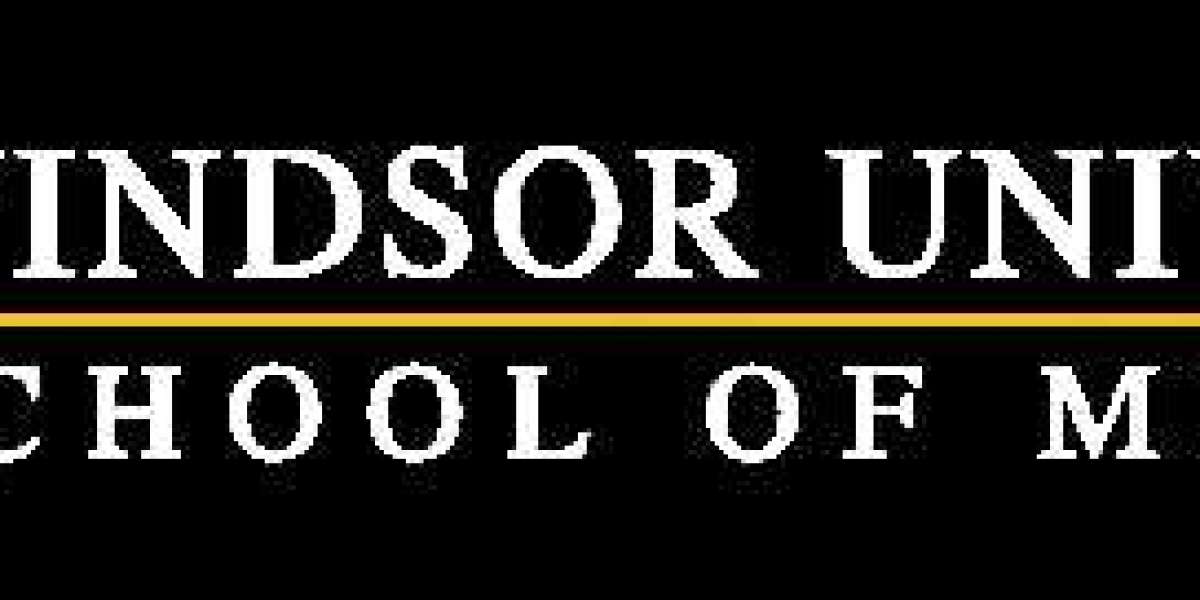Why Students Choose Caribbean Medical Schools
Medical schools in the Caribbean provide an opportunity for students who may not have been admitted to programs in the United States, Canada, or other countries due to limited seats or high admission standards. These schools often offer:
Flexible admissions criteria
Multiple intake periods (rolling admissions)
U.S.-style medical curricula
Access to clinical rotations in U.S. or Canadian hospitals
For many, this is a second chance to pursue a lifelong goal.
Program Structure
Caribbean medical programs generally follow a four-year MD structure:
Basic Sciences (Years 1–2):
Conducted on the Caribbean campus, students focus on foundational medical subjects like anatomy, physiology, pharmacology, and pathology.Clinical Rotations (Years 3–4):
Students complete clinical training in affiliated hospitals, often located in the U.S., Canada, or the U.K. These rotations offer experience in key medical fields such as internal medicine, surgery, pediatrics, and psychiatry.
Accreditation and Licensure
Accreditation is a critical factor in choosing the right Caribbean medical school. Attending an accredited institution ensures the education meets international standards and that graduates are eligible for licensing exams and residency programs abroad.
Recognized accrediting bodies include:
CAAM-HP (Caribbean Accreditation Authority for Education in Medicine and Other Health Professions)
ACCM (Accreditation Commission on Colleges of Medicine)
Graduates of accredited Caribbean schools are generally eligible to sit for the United States Medical Licensing Examination (USMLE) and pursue residency training in the U.S. or Canada.
Well-Known Caribbean Medical Schools
Several Caribbean medical schools have strong reputations and consistent success in placing students in residency programs:
St. George’s University (Grenada)
Accredited by CAAM-HP
Offers extensive clinical affiliations in the U.S. and U.K.
Ross University School of Medicine (Barbados)
Accredited by ACCM
U.S.-based clinical rotation network
American University of the Caribbean (Sint Maarten)
Accredited by ACCM
Strong track record in U.S. residency match
Saba University School of Medicine (Saba Island)
ACCM-accredited
Graduates licensed in all 50 U.S. states
American University of Antigua (Antigua and Barbuda)
Accredited by CAAM-HP
U.S. and U.K. clinical affiliations
Points to Consider
Before applying to any Caribbean medical school, students should carefully evaluate:
Accreditation status
USMLE pass rates
Residency placement success
Tuition and fees
Campus support and academic resources
Clinical rotation locations
Conclusion
medical schools in the caribbean provide a practical route to a medical degree for students who are driven and ready to meet the demands of medical education. With proper research and commitment, students can gain a high-quality education and successfully launch a career in medicine, both in North America and globally.




